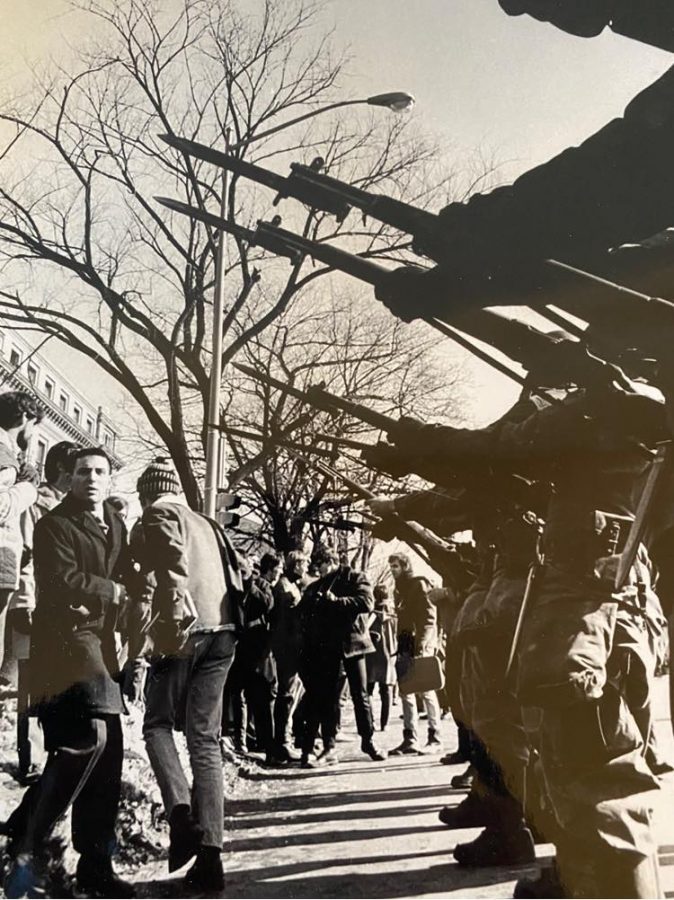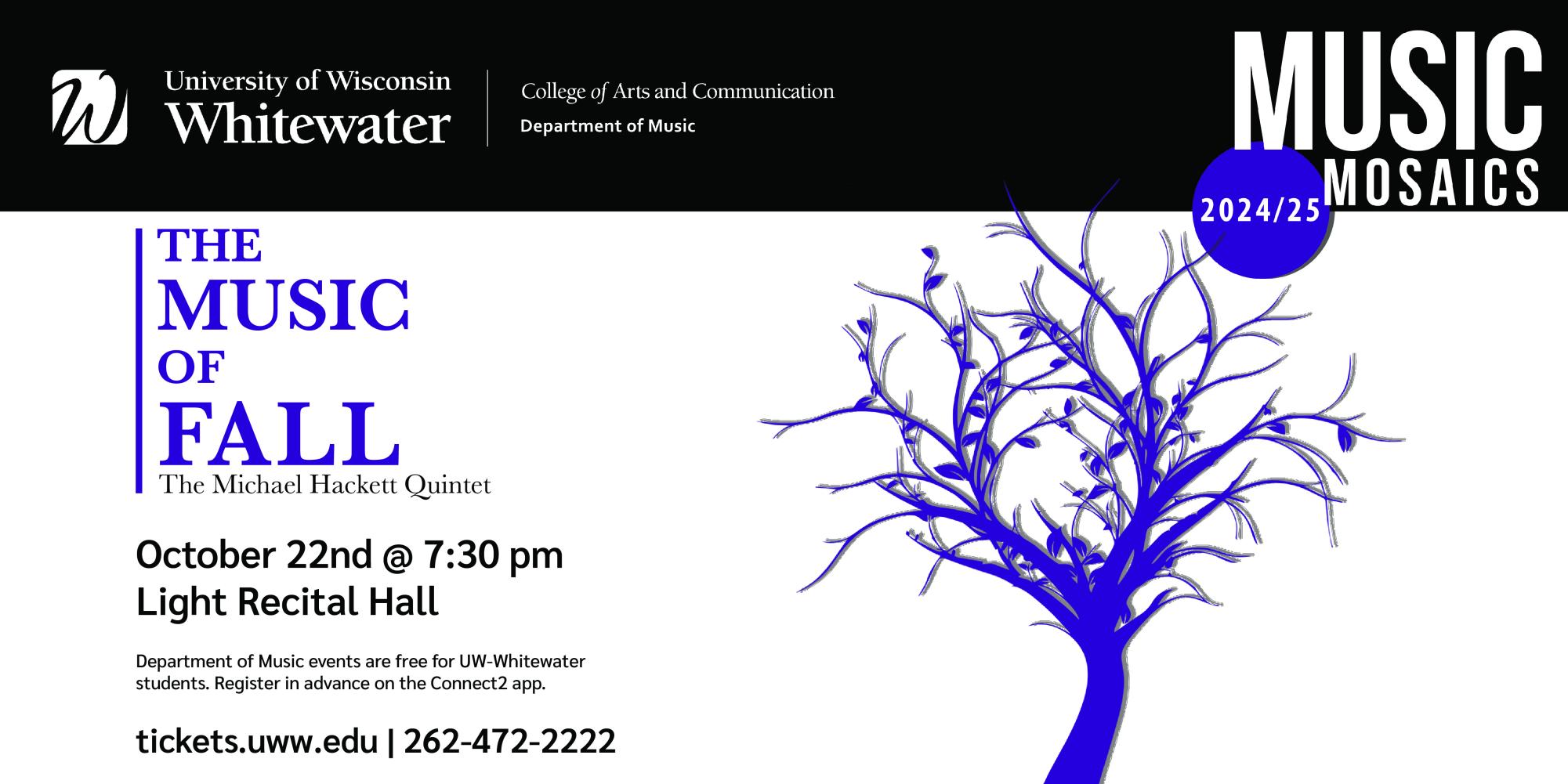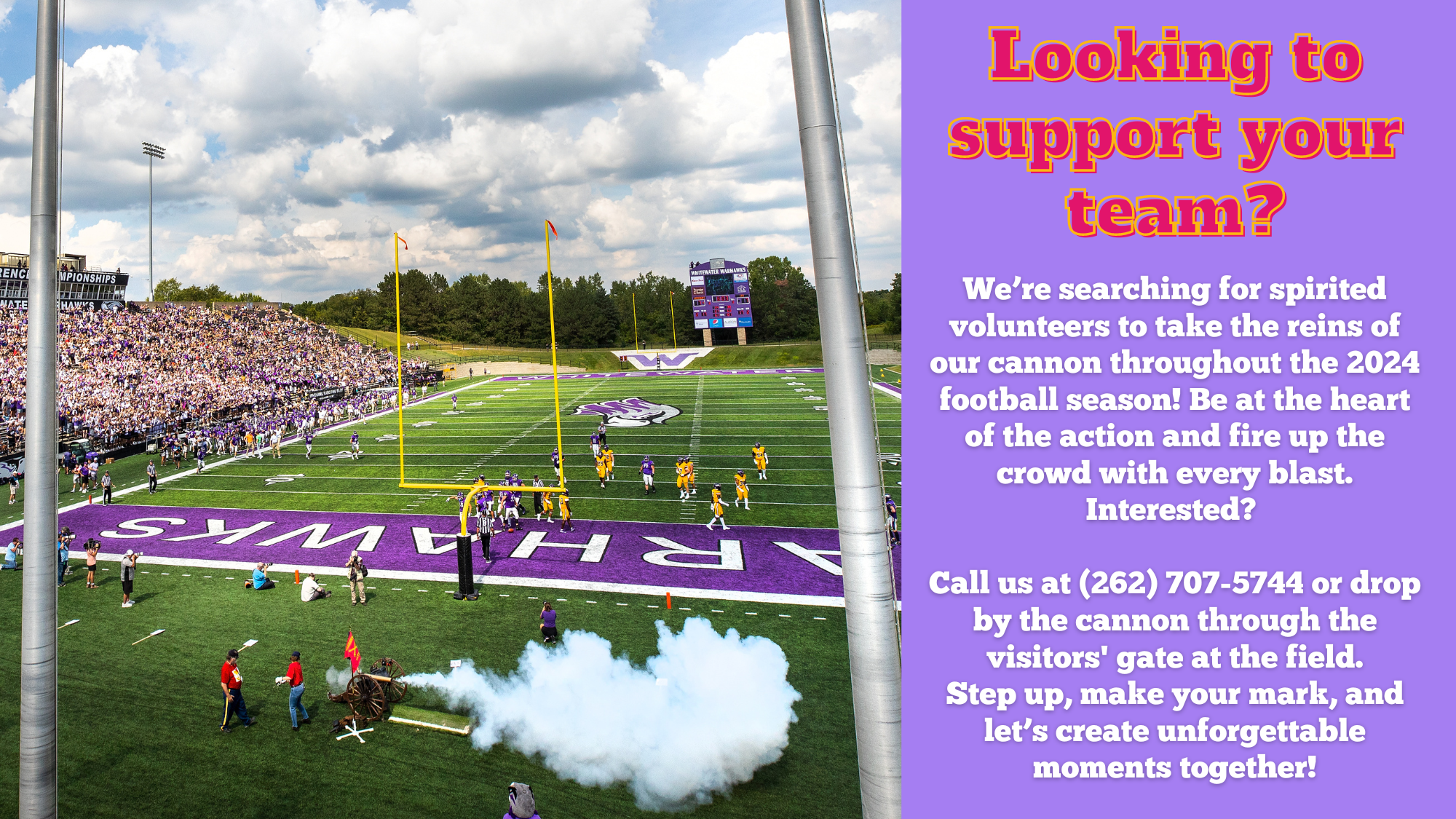Journalists get it ‘write’
Former journalism lecturer shares career insights for National Newspaper Week
Wisconsin State Journal photographer Roger Turner
Sam Martino faces the bayonets of National Guard soldiers during a protest on the University of Wisconsin-Madison campus in 1969.
October 11, 2020
Journalism matters. Facts matter. Truth matters.
These are the ingredients that help shape the pursuit of information in newspapers.
Journalists get it “write.”
From selling newspapers on a street corner outside of Detroit to auto workers at the Ford Motor Company in the 1950s, I have lived the life of a journalist paying attention to sports, politics, music, outdoor recreation and other activities.
I have covered my share of scandals, sex abusers, criminals, politicians, long evenings at common council and school board meetings, disasters and more.
This is National Newspaper Week, a time to recast the importance of newspapers and those who are on the front lines of reporting the first draft of history.
I have covered legislatures in three states, Wisconsin, Minnesota and Michigan and worked as a Congressional Fellow for a senator and former vice president and a congressman.
Thomas Jefferson once said that if he had to choose between “a government without newspapers or newspapers without a government, I should not hesitate a moment to prefer the later.”
Journalism, as seen through the eyes of reporters on newspapers, is at a crossroads of reaching out to those who rely on online reporting or those who read a daily sheet of paper once called “the penny press.”
Journalists who use shoe leather experience drive the information machine most needed to deliver the truth as opposed to the voice box of commentators and bloggers who “chew over the facts that others have collected, in essence repeating not reporting,” says an observer at the American Journalism Review.
Reporting is not “fake news” and reporters are not the “enemy of the people.”
They work every day in the trenches covering fires, wars, tornadoes, elections, death, music festivals, sports competitions and all sorts of events and activities.
Only the unscrupulous would sidetrack from their mission to report the truth with honesty and conviction.
I have shared the honor of teaching future journalists at Marquette University and the University of Wisconsin-Whitewater to “show me the news.”
The key principles were answering the questions of who, what, when, where, how and why of public officials and others.
There were no textbooks that preached “alternative facts.”
Recently, I came out of retirement to support the staff at the Edgerton Reporter in Edgerton, Wis.
From my six decades of experience as a reporter for the Associated Press, United Press International, the Minneapolis Tribune, the Milwaukee Journal Sentinel, and a contributor to the Washington Post, New York Times and the Christian Science Monitor, newspapers still meet the best standards of good journalism by providing information people need to know in their community.
-Former UW-W Lecturer Sam Martino












